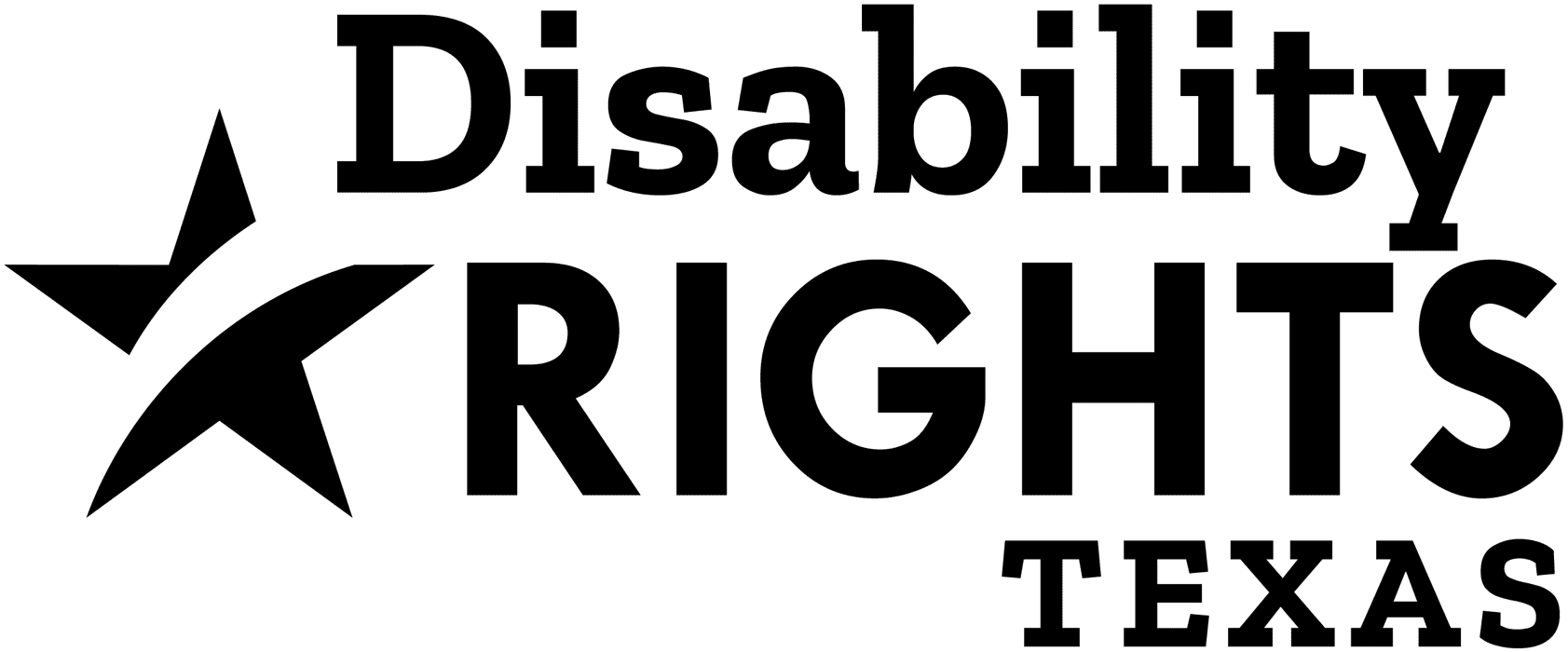Table of Contents
To access this information in American Sign Language (ASL), watch In ASL: The End of the Public Health Emergency: What You Need to Know.
Early in the COVID-19 pandemic, the federal government declared a Public Health Emergency (PHE), which changed how government programs were accessed, the benefits that were offered, and more. Now, the PHE will end on May 11, 2023, and some of these programs and benefits will change. Learn about these changes, how you could be impacted, and what you can do.
Please note: This handout was accurate at the time of publication. For the most up-to-date information, and for information about programs that are not listed below, contact the organization that administers the program.
Medicaid & CHIP Coverage
As of March 31, 2023, continuous Medicaid eligibility ended for some adults and children and you may have to re-establish eligibility. Starting on April 1, 2023, Texas Medicaid will resume Medicaid and Children’s Health Insurance Program (CHIP) eligibility reviews or redeterminations. As a result, some people with Medicaid or CHIP could be disenrolled from these programs.
Learn how to Get Ready to Renew Your Medicaid or CHIP Coverage.
SNAP Benefits
During the PHE, Supplemental Nutrition Assistance Program (SNAP, also known as “food stamps”) recipients had been receiving at least an extra $95 in emergency allotments each month. Starting in March 2023, SNAP recipients no longer received these additional monthly benefits.
Learn more in the SNAP February 2023 FAQ from Texas Health and Human Services.
COVID-19 Vaccines, Treatments & Tests
The federal government will no longer provide free COVID-19 vaccines, treatments, and tests, and some of those items may be available via traditional healthcare coverage, like Medicaid or private health insurance.
Vaccines
Many Texans will continue to pay nothing out-of-pocket for the COVID-19 vaccine after the PHE ends, but associated costs could come into play once the federal supply runs out. If you have private insurance, ask your provider what costs they’ll cover and what costs you’ll be responsible for. If you receive Medicaid services, you will continue to have access to the COVID-19 vaccine at no cost through September 30, 2024.
Treatments
Out-of-pocket expenses for certain COVID-19 treatments may change, depending on your health care coverage. This would be similar to costs you might experience for other drugs through traditional coverage. Medicaid programs will continue to cover COVID-19 treatments without cost sharing through September 30, 2024.
Tests
The federal government will no longer provide free COVID-19 tests and private insurance companies are no longer required to cover the tests without cost sharing. Medicaid, however, will continue to provide coverage for COVID-19 testing through September 30, 2024.
For more information about how access to COVID-19 vaccines, treatments, and tests will change, see the COVID-19 Public Health Emergency Transition Roadmap Fact Sheet from the U.S. Department of Health & Human Services.
COVID-19 Funeral Assistance
FEMA has been helping people cover the costs of COVID-19 funerals. If you are responsible for funeral expenses and qualify for assistance, FEMA could cover up to $9,000 per funeral for expenses.
The end of the PHE will not affect the application period for COVID-19 Funeral Assistance or the eligibility period for COVID-19-related funeral expenses. FEMA will continue to provide funeral assistance until September 30, 2025.
To learn more about getting assistance:
- See FEMA’s COVID-19 Funeral Assistance webpage
- Watch ASL FEMA: Providing Financial Assistance for COVID-19 Related Funeral Expenses
Housing
During the pandemic, a lot of assistance was available to help people keep and stay in their homes. With the PHE ending, some help is still available so you can keep your home and keep the lights on.
Foreclosure prevention
If you are facing financial hardship, there are things you can do to prevent foreclosure and keep your home.
- Talk to your lender about mortgage modifications, which are always an option.
- The Federal Housing Administration (FHA) is expanding and extending the mortgage assistance it provided during the PHE. Learn about the FHA’s assistance options.
- Texas Homeowner Assistance provides financial assistance to qualified Texas homeowners who have fallen behind on their mortgage and related payments due to the COVID-19 pandemic.
Utilities
Are you behind on your utility bills? If you are a homeowner, Texas Homeowner Assistance may be able to help. If you are not a homeowner, the Texas Utility Help program might be best for you.
Other resources
Disability Rights Texas has housing resources to help people with disabilities understand their housing rights and to advocate for themselves. You can use our online tools to request an accommodation to help you avoid eviction, end your lease early, and more. See our Housing Self-Advocacy Resources for more information.
Publication Code: HC23

www.DRTx.org
Statewide Intake: 1-800-252-9108
Sign Language Video Phone: 1-866-362-2851
Purple 2 Video Phone: 512-271-9391
Online Intake available 24/7: intake.DRTx.org
Disclaimer: Disability Rights Texas strives to update its materials on an annual basis, and this handout is based upon the law at the time it was written. The law changes frequently and is subject to various interpretations by different courts. Future changes in the law may make some information in this handout inaccurate.
The handout is not intended to and does not replace an attorney’s advice or assistance based on your particular situation.
To request this handout in ASL, Braille, or as an audio file, contact us.